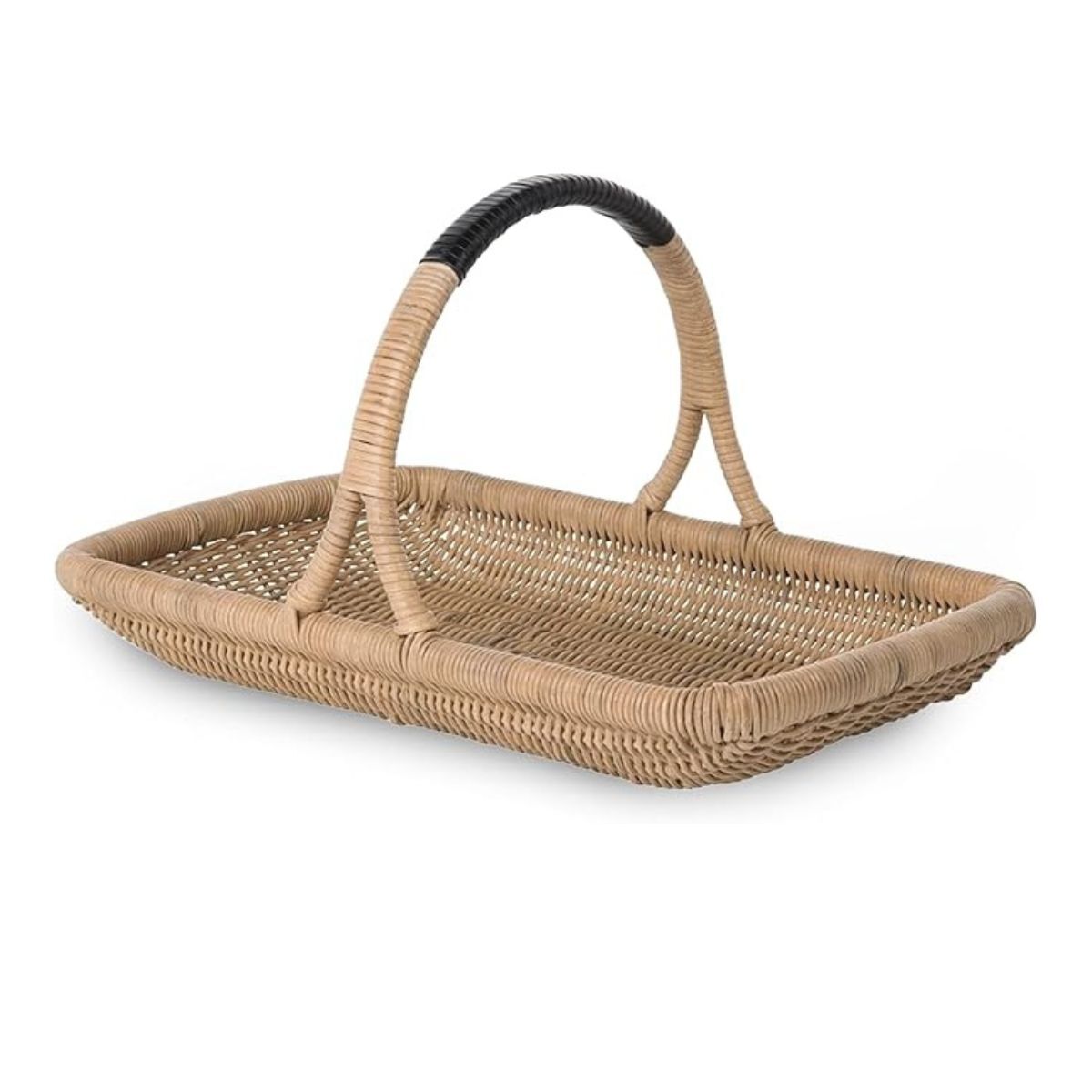Leaving fallen fruit in your yard could be costing you and your plants more than you think – 4 hidden problems caused by neglecting the clean up
This big gardening mistake is easily avoidable

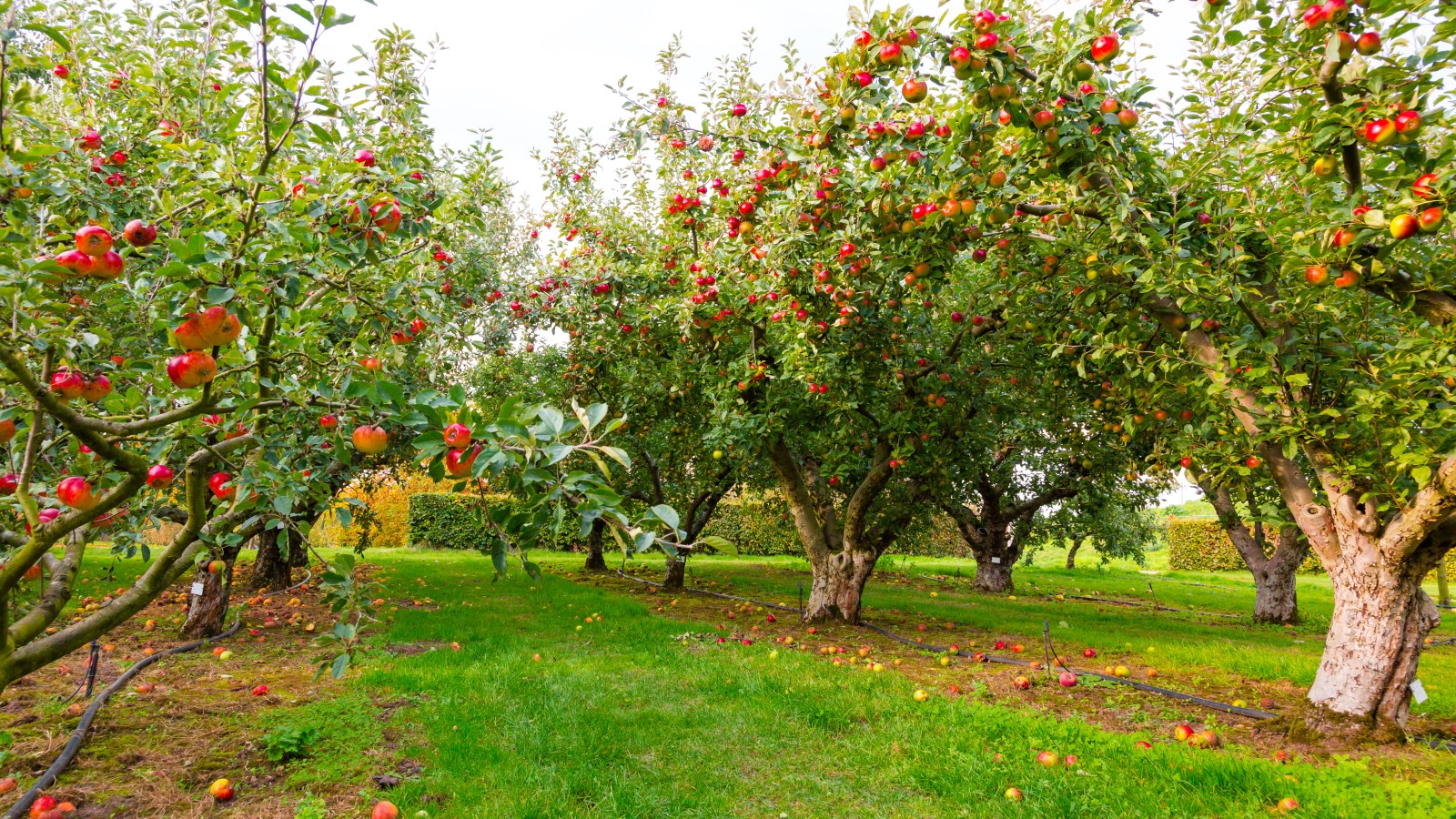
Design expertise in your inbox – from inspiring decorating ideas and beautiful celebrity homes to practical gardening advice and shopping round-ups.
You are now subscribed
Your newsletter sign-up was successful
Want to add more newsletters?
This time of year ushers in a wonderful harvest of fruit; figs, pears, quince, persimmons, apples, damsons, and plums start to fall to the ground and await collection by us gardeners to bake and stew into cakes and pies, and jams.
For many, the fall gardening checklist is surprisingly time-consuming, with pruning, pond cleaning, and bulb planting to be done. It can be easy to forget to pick up the fruit that starts to drop, especially as it can't do much harm to leave it a day or two... surely?
Sadly, not. As fruit hits the ground and begins to rot, pests (including rats, hornets, and wasps) will begin to arrive, weeds can sprout readily, and lawns can be damaged. Here's why fallen fruit should be picked up before the rotting process begins, and why forgetting is a mishap worth avoiding.
1. Pick up fruit before weeds begin to germinate
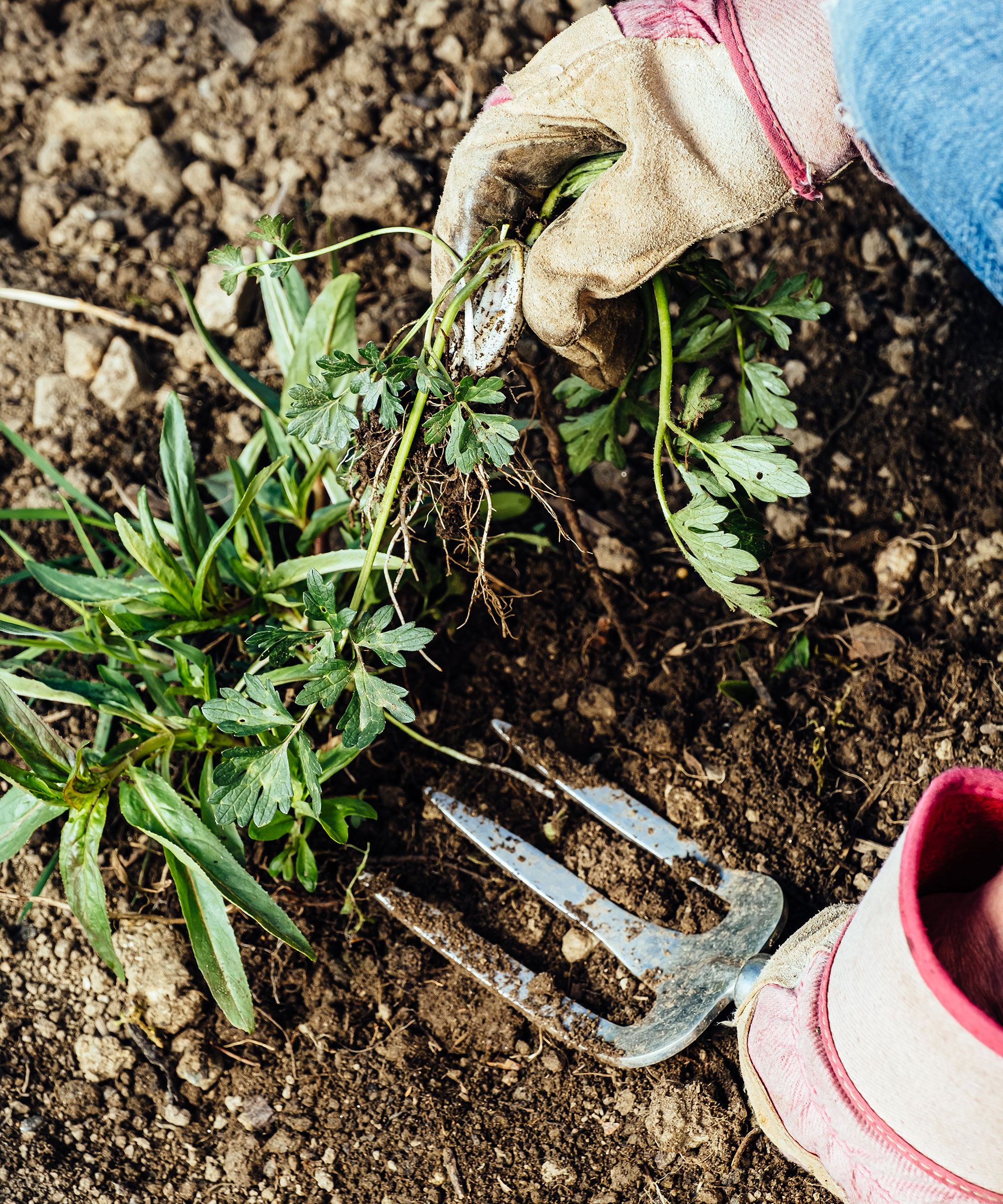
One of the first problems caused by leaving fruits to rot that you will notice is the swift arrival of many types of invasive weeds.
As the fruit is left to rot, the soil is enriched with organic matter, which provides perfect growing conditions for weeds. Once weeds have established, it becomes an ongoing job to keep them at bay.
2. Bring your fruit inside to stop pests
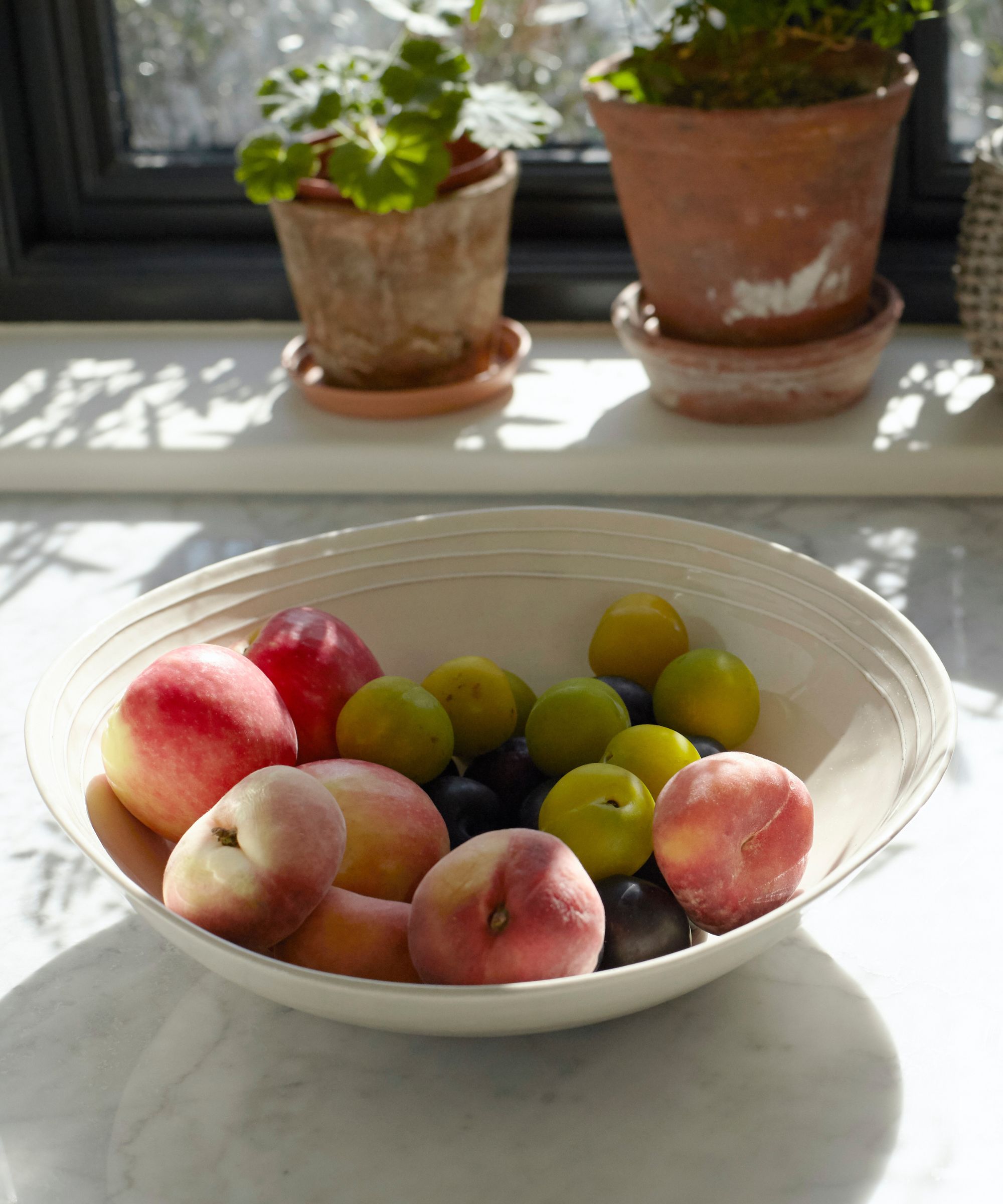
The best thing you can do to keep rats away? Pick up rotting fruit as soon as possible. Leaving fruit to drop naturally and rot into the ground may seem harmless, and picking them up quickly may seem fussy, but the smell of rotting fruit lures in rats, mice, wasps, and hornets in droves.
Rats will feed on any fruit and vegetables growing in your garden, so be sure to keep on top of your harvesting schedule to avoid the common vegetable harvesting mistakes of leaving them out for too long.
Design expertise in your inbox – from inspiring decorating ideas and beautiful celebrity homes to practical gardening advice and shopping round-ups.
3. Forgetting to pick up fruit leaves a breeding ground for bacteria and fungi
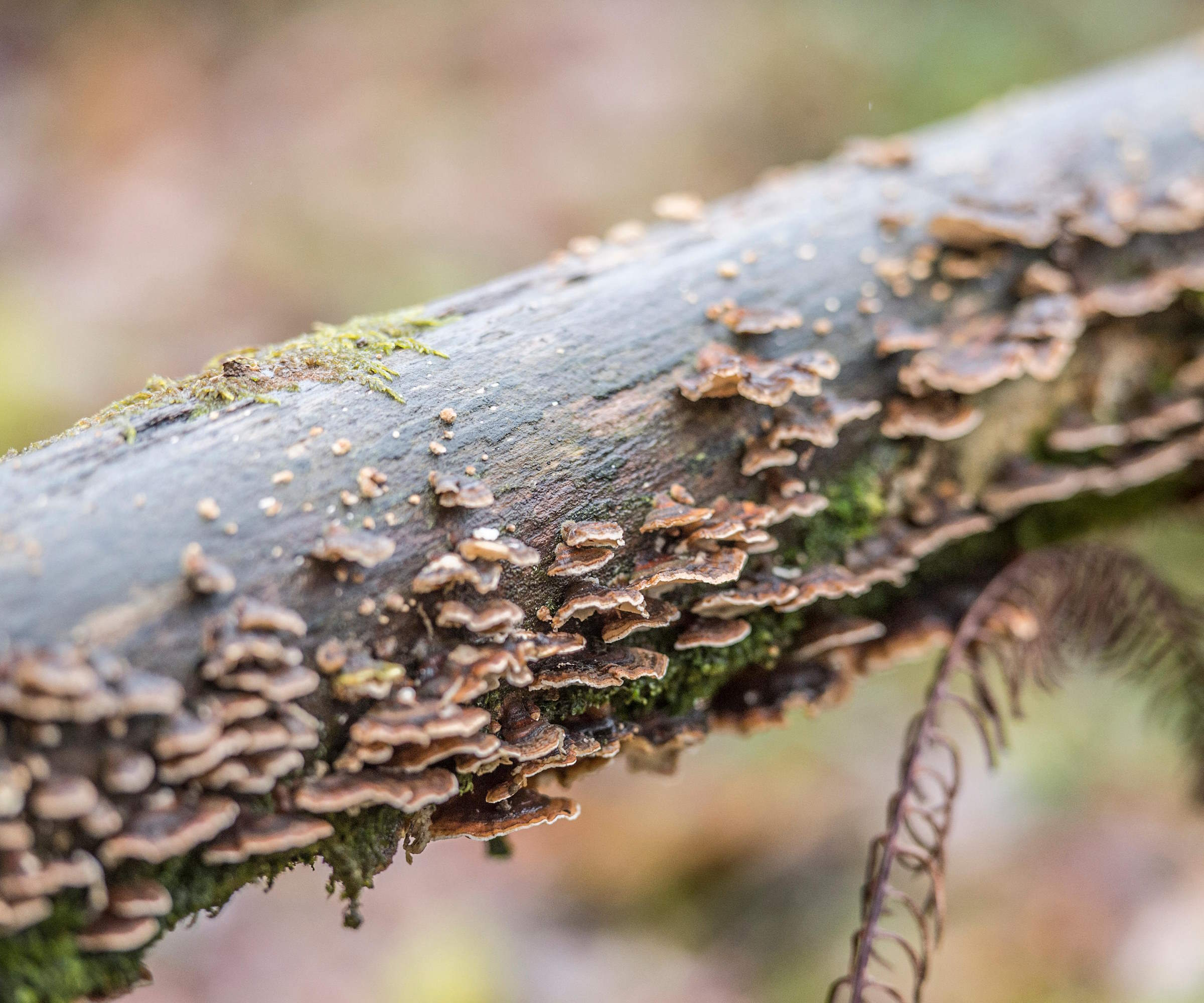
Although there is something rather lovely about the thought of decomposing fruit enriching the soil below, it is, in reality, far more of a hindrance than a help to the neighbouring plants and trees.
The rotting fruit serves as a breeding ground for bacteria and fungus, which often spread ferociously and rapidly, quickly infecting the fruit tree from which the fruit came. Once a fruit tree is diseased, it is extremely hard to treat and can often require removal.
4. Rotting fruit will cause issues for your lawn
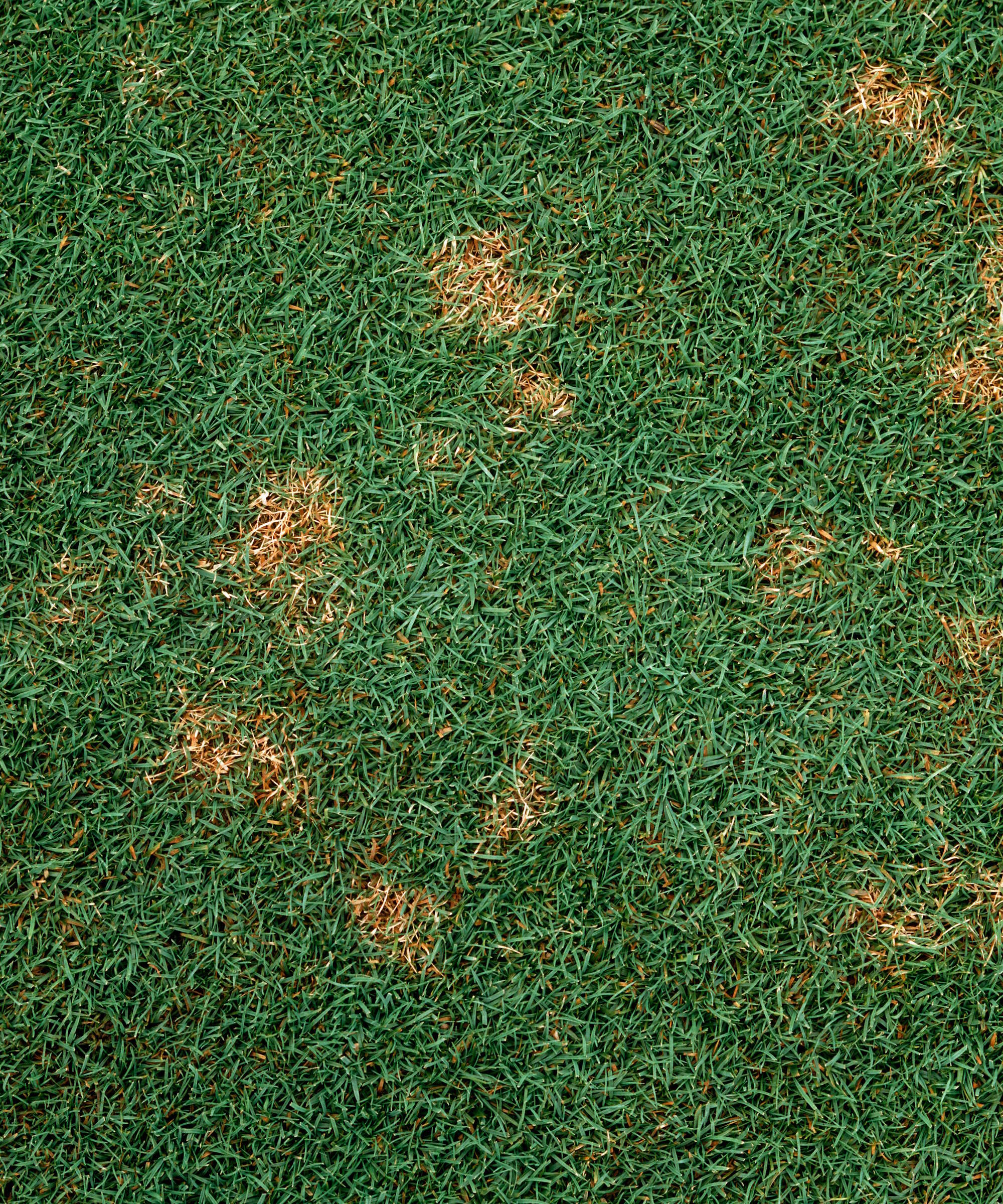
It is perhaps surprising how quickly a lawn can become damaged by rotting fruit.
Signs of an unhealthy lawn include patchy growth, yellow grass, brown patches, an increase in weeds, moss, and fungi, and all of these issues can be brought on by decaying fruit that hasn't been picked up.
Not only does the fruit block out light and air by physically crushing the grass, but perhaps more alarmingly, spores from diseases can overwinter on fallen fruit, setting the scene for a plethora of lawn issues that are going to be more than a slight headache to take care of come spring when they spread rapidly.
Even leaving fallen fruit for one day can result in yellow grass, and after a few days, the grass below can die completely. So it is worth making fruit collection a daily task, not simply a weekly or fortnightly one.
Shop fruit tree essentials
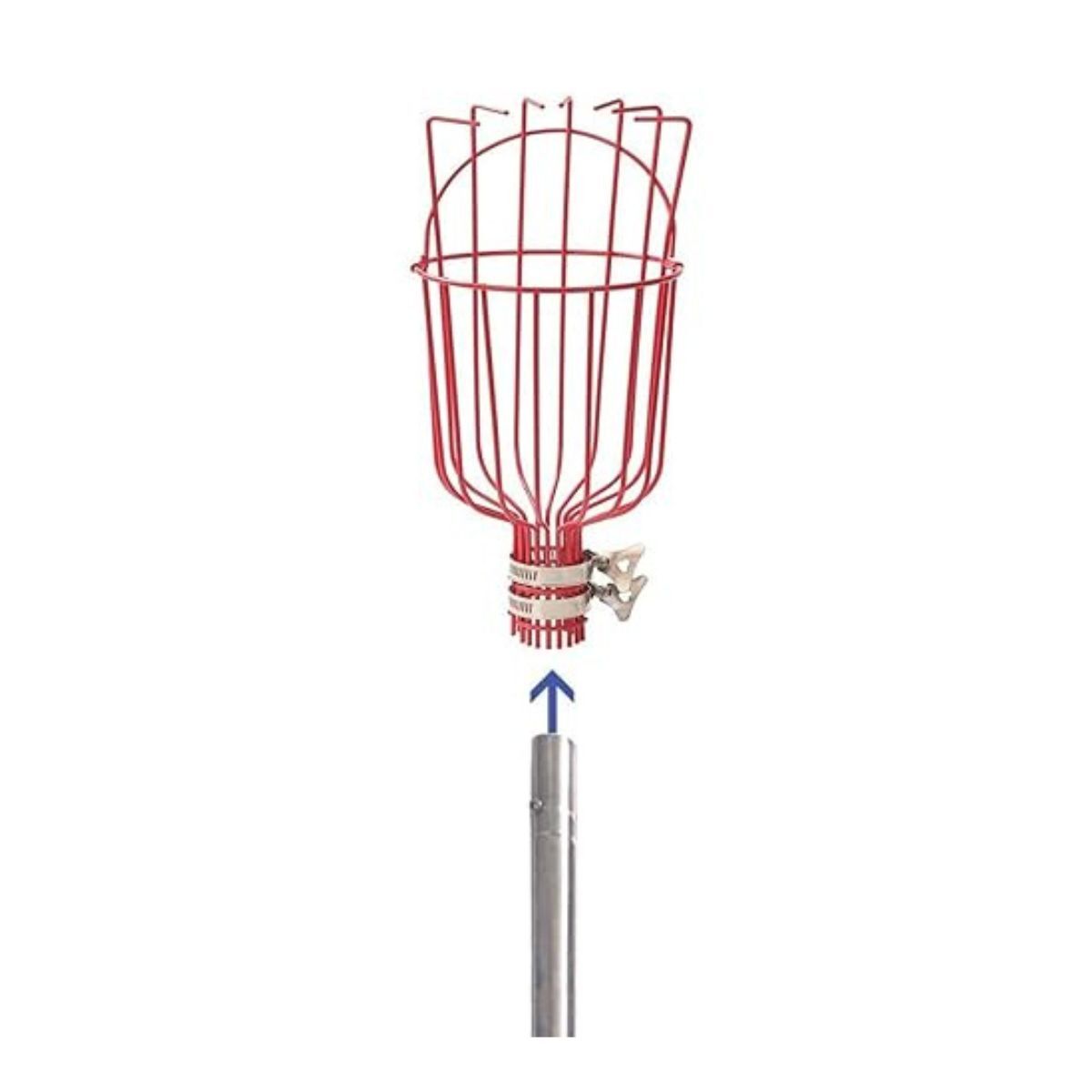
When it comes to effort-saving tools, this has to be one of the best (and most fun). It is extremely long, and we mean extremely long. If you know anyone with large fruit trees then this surely makes for the best stocking filler. But in seriousness, it allows you to harvest fruit before it starts to go over and hit the ground.
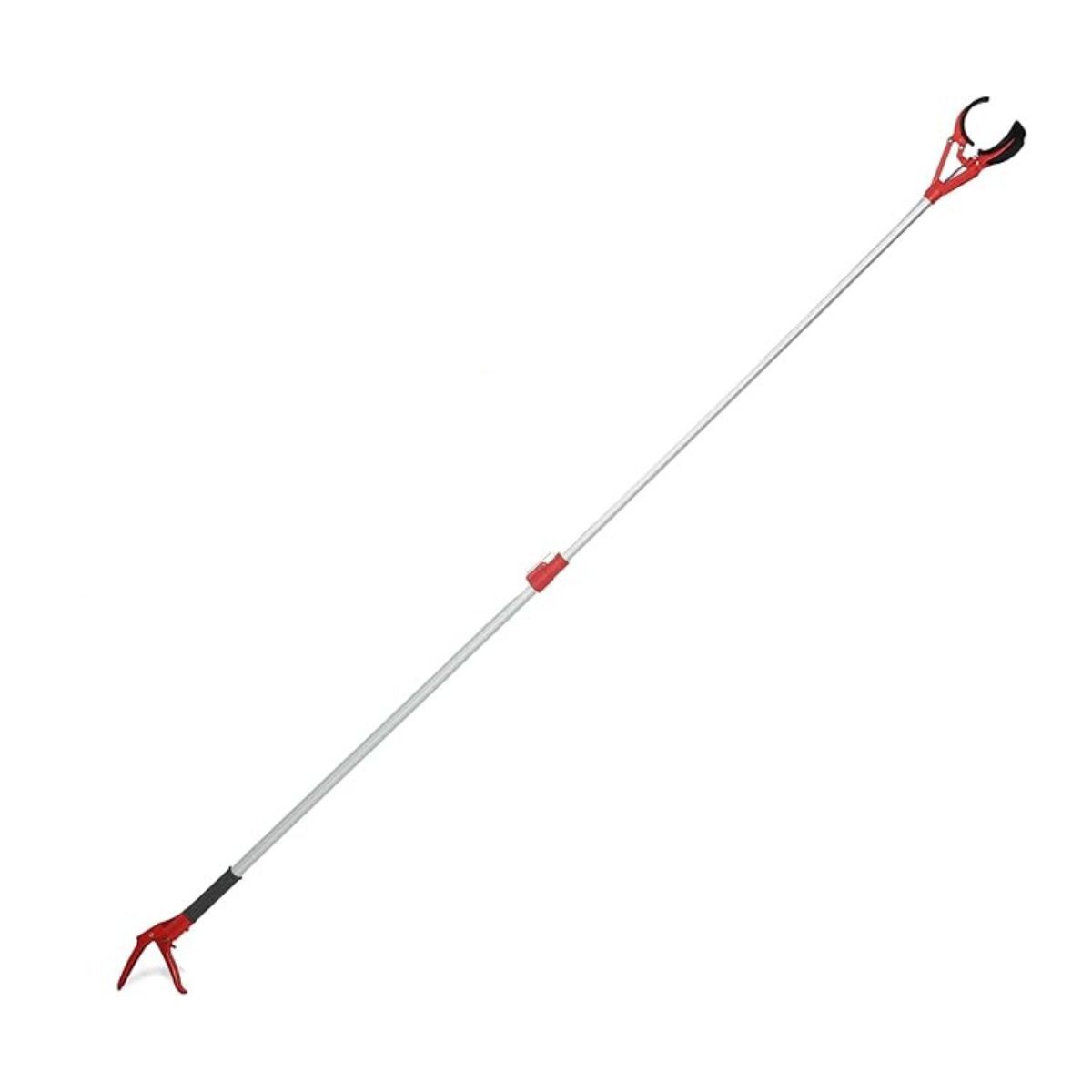
This fruit tree picker is adjustable, so great for fruit trees that bear small fruit that are very fiddly and hard to pick. Whilst the other picker is great for apples and hard fruit, this fruit catcher is equipped with a soft rubber head, which is great for the gentle harvesting of soft, fleshy fruits.
As you head out, basket in hand, to collect your fruit, you may think it's time to grab the pruners and begin to prune the fruit trees ready for winter.
All of the best fruit trees will need pruning to create their form and keep them healthy and productive. But in terms of when to prune fruit trees, different types need pruning at different times of the year. With this in mind, it's paramount that you check when is best to prune the fruit tree you have.
If you prune fruit trees too soon, such as in fall when the weather is still warm, then they can put out a spurt of new growth that won't have time to harden off. This new growth will be susceptible to damage from winter frosts.
Be meticulous when picking fallen fruit, but don't be overzealous when it comes to pruning, as you might be causing unnecessary damage to the tree.

Sophia Pouget de St Victor is the UK Content Editor at Homes & Gardens, bringing readers the latest trends, expert insights, and timeless design inspiration tailored to a UK audience. With a background in luxury interiors and a qualification in Garden Design from London, she has a passion for creating spaces with character and emotional depth. Sophia gravitates toward interiors that defy definition, valuing individuality and effortless elegance. She lives in West London with her partner, two mischievous terriers, and a plump cat named Lettuce.
